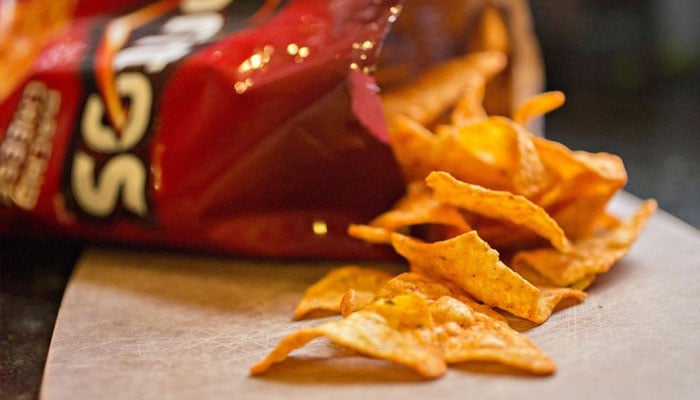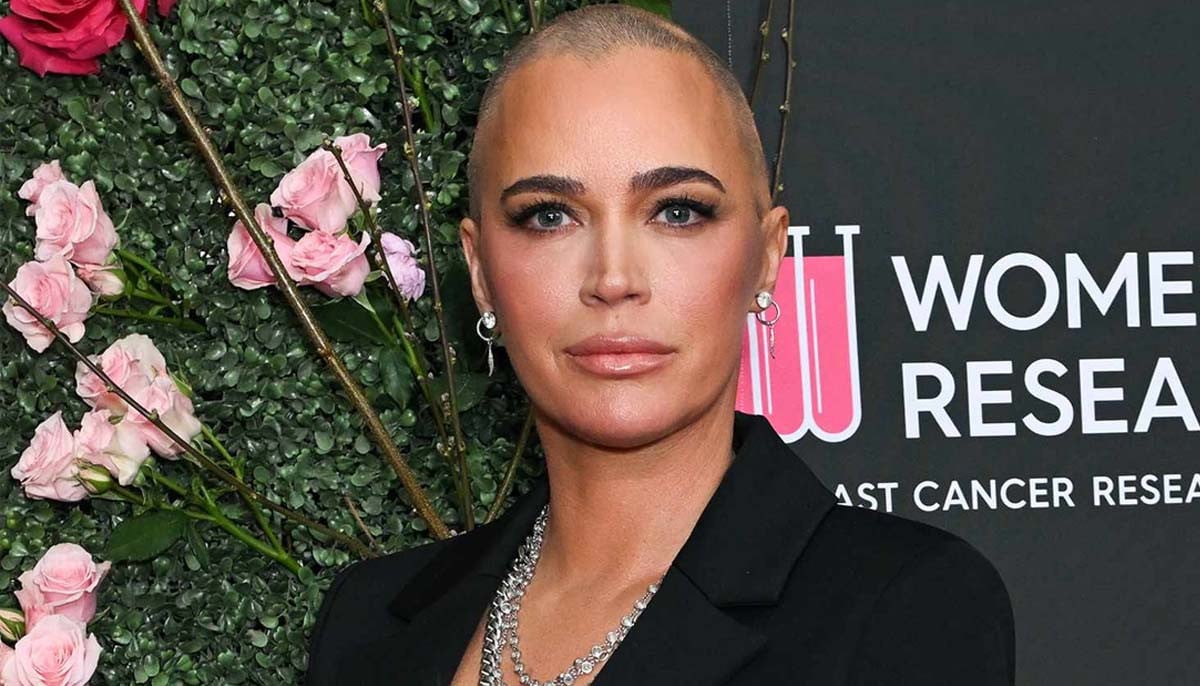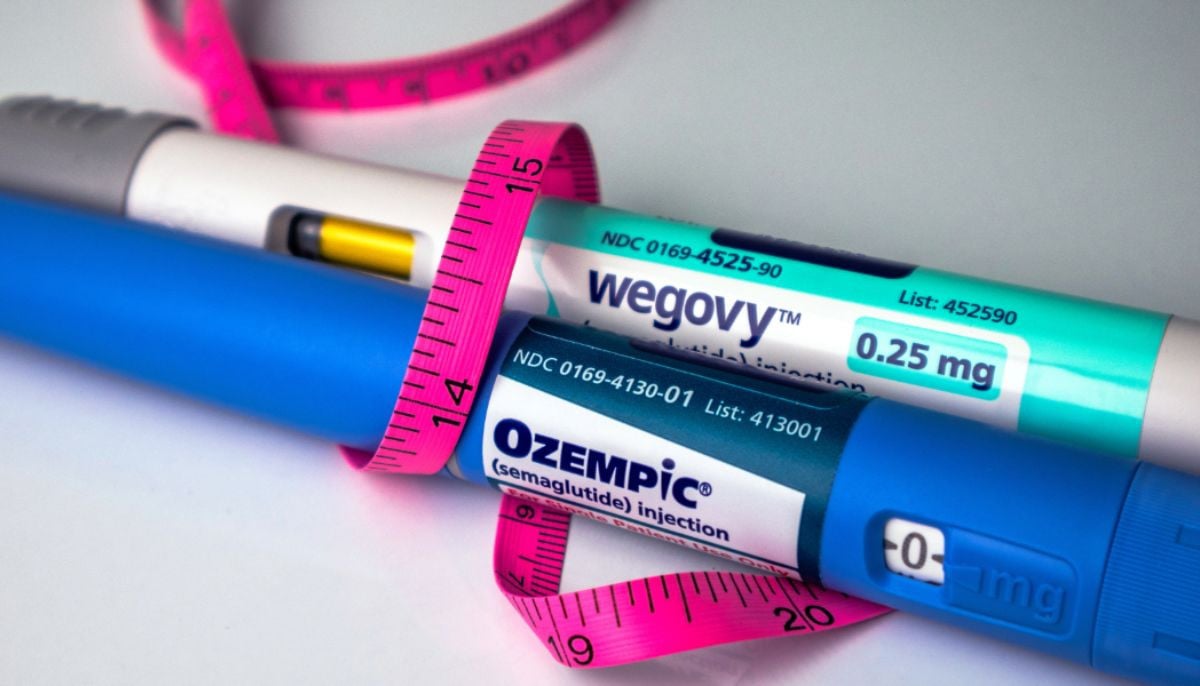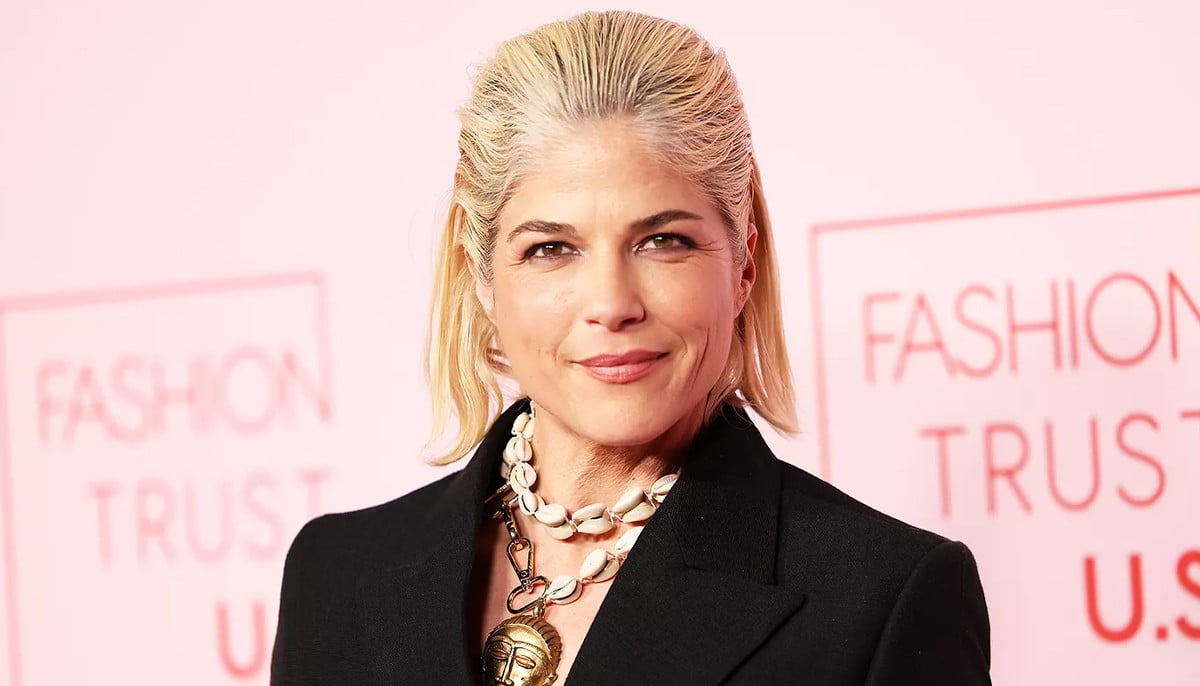This quick remedy can cut 2m heart-related deaths immediately, new study reveals
High sodium diets claim over 2 million lives annually, WHO report warns
Are you at a risk of heart disease or stroke death?
If so, salt substitutes may help, according to a new study.
The study looked at older adults who are at high risk of heart attacks and strokes. It found that salt alternatives might lower the risk of dying, especially from heart disease and stroke.
Published in the Annals of Internal Medicine, the research examined the data from existing studies, mostly from Asia. Experts say that Asian people might find it easier to use salt substitutes because of their food culture.
In the US, about 70% of the sodium we eat comes from packaged and ready-made foods, not from the salt we add while cooking, according to the American Heart Association.
Experts believe these findings should remind us to watch out for too much sodium. It might also encourage people to look at other options.
"The average American eats 3,400 milligrams of salt [per day]. The recommended amount is about 2,300 milligrams [per day]," ABC News medical correspondent Dr Darien Sutton said, citing the American Heart Association. "More than 97% of people don't know how much -- or underestimate how much -- sodium is in their diet."
According to the Heart Association, "an ideal limit of no more than 1,500 mg per day for most adults, especially those with high blood pressure."
Eating too much salt leads to over 2 million deaths worldwide each year, says the World Health Organisation.
Not everyone needs to cut down on salt urgently. But for people at high risk of heart attacks and strokes, it's a good idea. If you are one of them, you should talk to your doctor about how to eat less salt. A good first step is to check the labels on packaged foods.
Take Doritos, for example. Just 12 chips have about 200 milligrams of sodium. A regular bag has 15 servings, which adds up to more than 3,000 milligrams of sodium. Most of our sodium comes from processed food, so it's important to keep an eye on it.
"This was a meta analysis which involved a lot of different studies at once, looking at older populations in Asia, specifically who were at higher risk. And it found that reducing sodium for six months significantly reduced risk of heart disease, stroke and kidney disease," Sutton said. "You have to make sure you watch your sodium to help reduce your risk and improve your quality of life when you get older."
One tip is to keep track of how much sodium you are eating. Then, at the end of the day, think about how you can do better. You can also try using nutritious flavourings instead of salt. Things like paprika, pepper, onion powder, cinnamon, ginger, or garlic can make food tasty without adding sodium.
A recent analysis confirmed what we already know: too much salt is bad for our health. The analysis looked at several studies of older people in Asia who were at high risk. It found that cutting down on sodium for six months significantly lowered the risk of heart disease, stroke, and kidney disease. So, watching your sodium can help you stay healthy as you get older.
When you're trying to eat less salt, it can help to write down how much you're eating. Try to eat more foods that are high in potassium, like leafy greens, bananas, and sweet potatoes. Potassium can help balance the effects of sodium and help control blood pressure. So, eat less processed food and be mindful of your sodium intake.
"Potassium can help blunt the effect of sodium in our body, helping us manage our blood pressure," he said. "So, leafy greens, bananas, sweet potatoes, you want to add these products, have less processed foods and be mindful of your sodium."
-
Paris Hilton's power move to make 'neurodiversity relatable'
-
GLP-1 drugs linked to osteoporosis and gout: New study reveals higher risks
-
Selma Blair talks about how her debilitating disease is 'misunderstood'
-
Oliver 'Power' Grant cause of death revealed
-
Jada Pinkett Smith details how her memoir combats 'shame' around alopecia
-
Billy Joel admits cancelling of tour due to brain disorder 'sounds a lot worse' than it is
-
Chester Bennington’s mental health story and lasting legacy
-
Yerin Ha opens up about shocking diagnosis post ‘Bridgerton’ season 4












